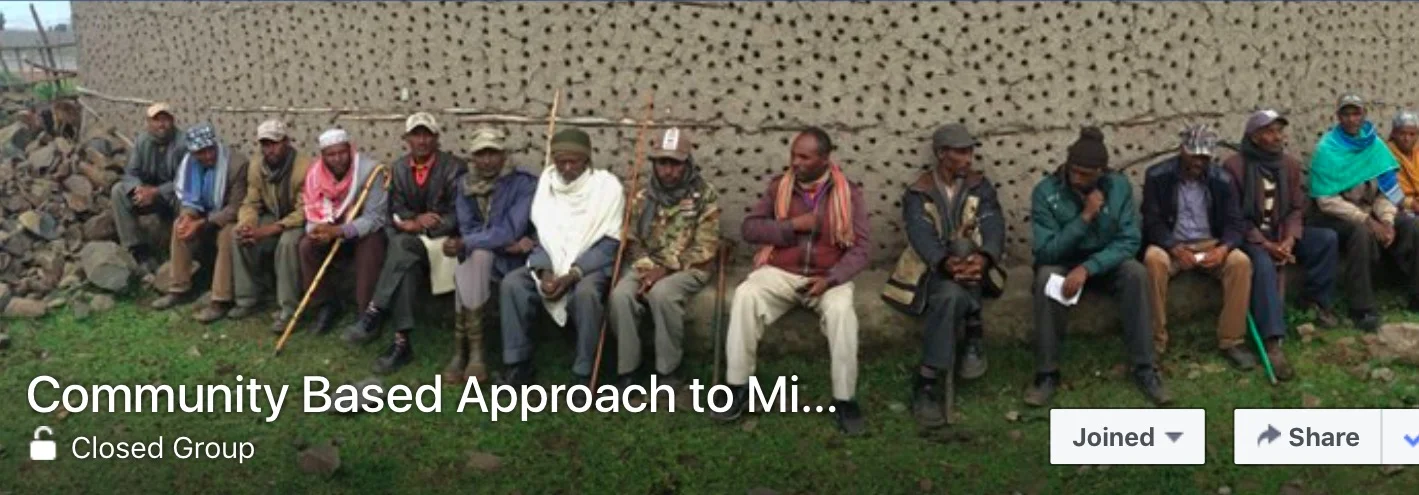And Micah begat Phillip, and Phillip begat Salome...
And Micah begat Phillip, and Phillip begat Salome...
For the last two days (Note: this was in June 2013), I have had the pleasure of visiting CRS Savings and Internal Lending Communities – or SILC groups – in Eldoret Kenya. I have been eager to discover SILC, and I’m glad to have the chance to do that.
The most distinctive feature of CRS’s approach is the fee-for-service trainers, called Private Service Providers, or PSPs. They are trained to offer a menu of services to people in the community, beginning with SILC training, and moving on to Business Development Services, and possibly many other things, from agricultural training to solar lamp sales.
In the CRS system, PSPs form savings groups, and when they have trained too many groups for one person to manage, they start recruiting apprentices from among the most dynamic members of their groups. When the apprentices prove themselves, usually after about nine months of group training, they can be certified as new PSPs themselves, and then go on and recruit their own apprentices.
I met yesterday with ELDONET, one of the three networks of PSPs here in Eldoret. They have 29 members with a dozen apprentices, and in some cases those apprentices have been certified and have gone on and recruited their own apprentices, who in turn have been certified.
I tried to capture that phenomenon in the following picture (click on the photo to enlarge it). At the center is Simon Karoki, Microfinance Program Manager/SILC, for CRS. Simon learned about savings groups in his academic studies, in working with the Kenyan Ministry of Cooperative Development and with the Swedish Cooperative Center, and by being trained by Hugh Allen.
Simon trained Isaac Mukenya, the MF Project Officer in Eldoret, and Joseph, the PSP coordinator.
Isaac and Joseph trained Francis, Micah and Steve, who started as field agents, and later were converted into PSPs. Later, Francis trained Emily, Steve trained Florence, and Micah trained Phillip. Emily, Florence and Phillip went on to train Mercy, Helen and Salome. It’s a wonderful system, spreading knowledge widely.
Note that the later generations are much more feminine, which is not surprising since the apprentices come from the groups, which are 80% women. “We are moving ahead!” says Simon.
The picture below shows all the members of ELDONET, arranged by rank: the senior staff is in front, followed by two rows of PSPs, and in back the apprentices. All quite impressive!
Reader Comments (3)
OThis is a wonderful job that requires support. It will evantually control donor over reliance
Thu, June 20, 2013 | naomi wabule
SILC project in Kenya has really touched base. There is a lot of demand for the services from the community members. Poor men and women now have access to basic needs like food; shelter and clothing. There is more peace than before. Eldoret was heavily affected by the post election violence in 2007 but today because of SILC people can now talk and eat together
Thu, June 20, 2013 | isaac mukenya
Hi Paul. Am glad to see so much in terms of transformation in the VSL realm. I've been supporting the roll-out of youth SACCOs countrywide and am just glad I can now come back to VSL+E-recording. Anthony
Thu, July 18, 2013 | Anthony
NB: Originally posted June, 2013. I've seen the evolution of some of the CRS networks, and some of them have misbehaved quite badly as they started to run out of new groups to train, and hence their income streams dried up. Still, I admire CRS for the boldness and careful design of the training structures they have put I place, and I know that they know there are problems, and they are using their considerable intelligence to address them.





